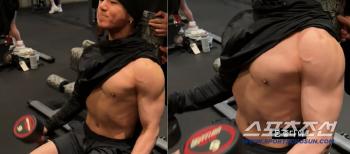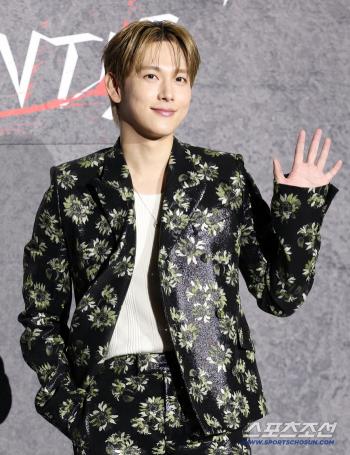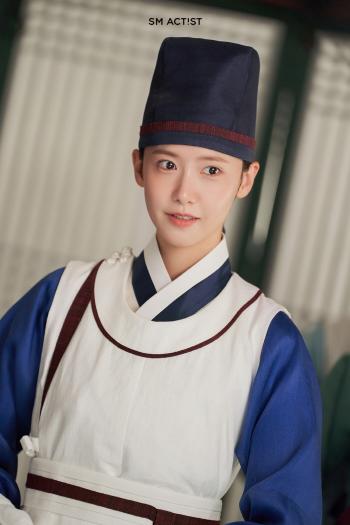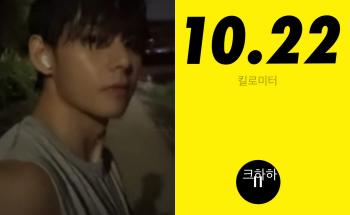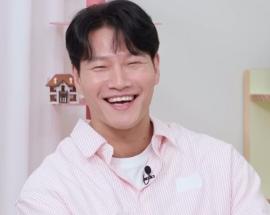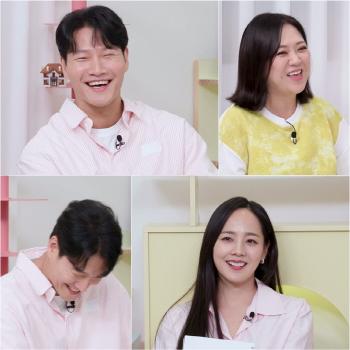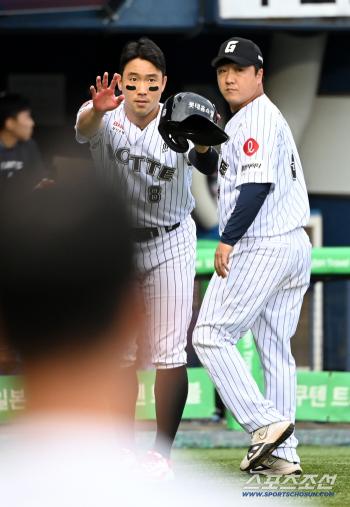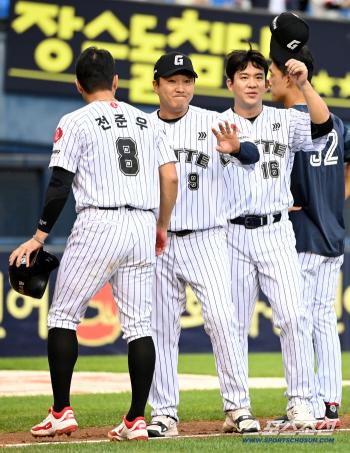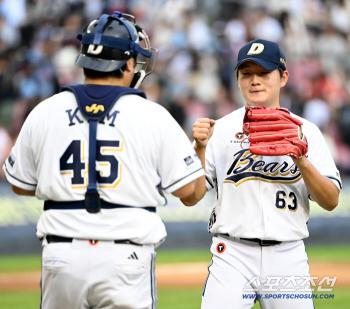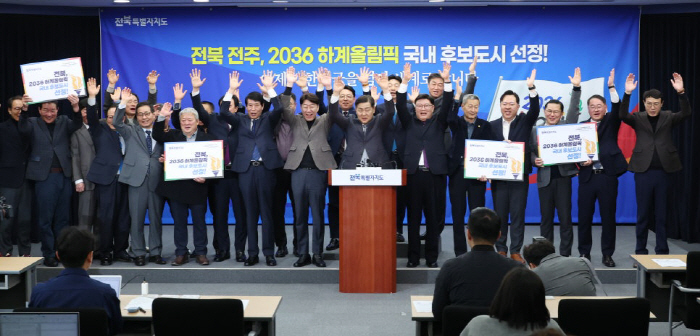 |
| 사진=전북도 |
|
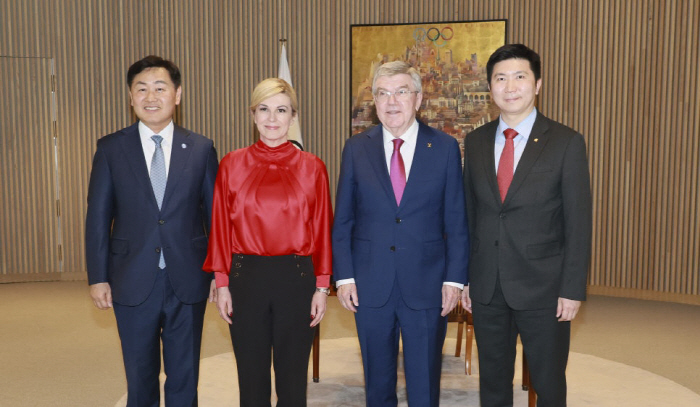 |
| 사진=전북도 |
|
"It is not true that the Ministry of Culture expressed a negative opinion on the bid for the Summer Olympics, nor that the IOC has declared Jeonbuk's plan to host the games ineligible."
The Ministry of Culture, Sports and Tourism (hereinafter referred to as the Ministry of Culture, Sports and Tourism) issued an unusual explanation press release regarding the process of determining the venue for the 2036 Jeonju Summer Olympics. It was shortly after Yoon Joon-byung, a lawmaker of the Democratic Party of Korea, released the contents of the 「Culture Ministry's report on the progress related to the hosting of the Summer Olympics」 on his SNS on the 25th. Lawmaker Yoon said on the 28th, "'Can Jeonju, North Jeolla Province, be confirmed as the host city of South Korea for the 2036 Summer Olympics?Through an article titled ', we expected the government to set the hosting of the 2036 Summer Olympics as one of its national tasks and not refuse to give active support to win the international bid, but in reality, it did not. Until the end, the Ministry of Culture, Sports and Tourism did not break its negative position on the selection of national affairs. While investigating why, I learned that Jeonju, North Jeolla Province, which was selected as a host city for the Summer Olympics through its own public offering process without prior consultation with the Ministry of Culture, Sports and Tourism, has not yet met the requirements for the 'IOC host city' and the 'requirements for approval of the register'"The plan to host the Summer Olympics by forming a coalition of 10 local governments nationwide centered on Jeonju, North Jeolla Province, which was finally prepared and submitted by the Korean Sports Council and North Jeolla Province has already been declared ineligible by the IOC."
"Unless we intend to use the Summer Olympics for political purposes, we need to decide how to reorganize the candidate cities to meet the IOC host requirements domestically, whether the Korean Olympic Committee's selection of Jeonbuk Jeonju is valid if the candidate cities are reorganized, and whether the North Jeolla Provincial Council agreed to pay more than 40% of the total project cost, and when to finish it. In addition, this situation should be informed to the residents of the province, and political propaganda using the Summer Olympics should be stopped immediately. In the meantime, we should respectfully apologize to the residents for promoting the contents of 「Jeonbuk Jeonju」 as if it had been confirmed as a host city.
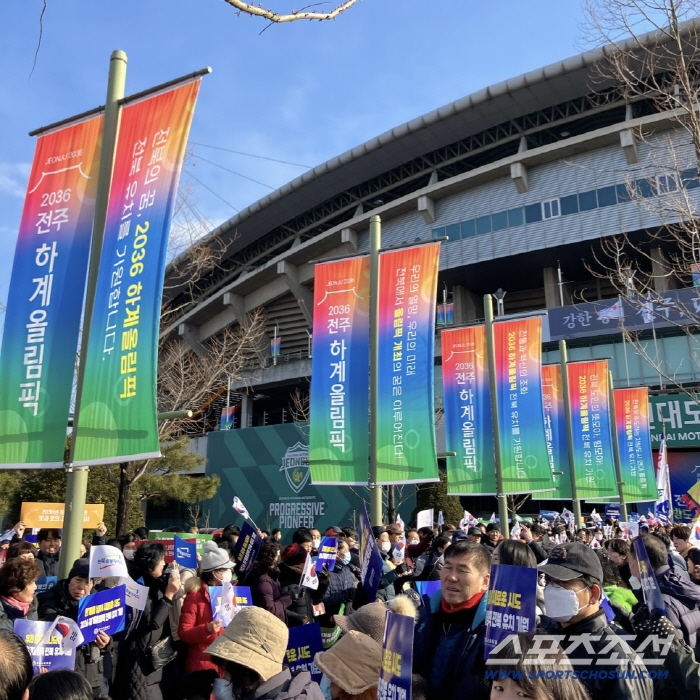 |
| 사진=전북도 |
|
As related content spread through local media, the Ministry of Culture, Sports and Tourism issued explanatory materials and began to evolve. The promotion of hosting the Jeonju Summer Olympics is in the process of submitting a hosting plan for deliberation by the Ministry of Culture, Sports and Tourism's international competition attraction review committee in accordance with the 「International Games Support Act」 and the 「Regulations on the Attraction and Examination of International Events」, he said."It is not true that the Ministry of Culture, Sports and Tourism expressed a negative opinion on hosting the Summer Olympics as Jeonbuk is holding prior consultations with the Ministry of Culture, Sports and Tourism and the Korea Sports Council for approval procedures.' The IOC also exchanged advice on the concept and plan of the competition through working-level consultations with the Ministry of Culture, Sports and Tourism, Jeonbuk, and the Korean Sports Council in accordance with the changed host city selection process from 2019, and is still in the 'continuous dialogue' phase. Therefore, it is not true that the IOC has decided against Jeonbuk's plan to host the event.'
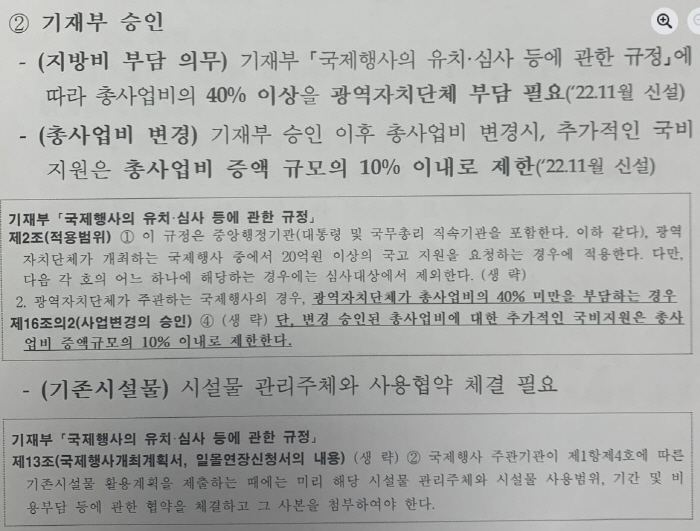 |
| Photo source= Rep. Jun Byung Yoon SNS |
|
As the Ministry of Culture, Sports and Tourism explained, it is still in the process of applying for the 2036 Olympics. Nothing has been decided. After the anti-war history of beating Seoul and being selected as a bid-application city in the voting for the '2036 Summer Olympics in Korea' on February 28, all procedures are currently in progress. As Jeonju's hosting plan has not yet been received by the Korean Sports Council, the government or the Ministry of Culture, Sports and Tourism lacks the basis for expressing 'positive, negative'. This liquidity seems to be the reason why the Olympics were not specified in the national task that should continue for five years.
Currently, tight domestic procedures are underway in accordance with the International Games Support Act. The preliminary feasibility study report by the Korea Sports Science Institute is in the final stage as of September. If the Jeonbuk Provincial Council votes on the Olympic bid from late September to October, the local government's hosting plan, the provincial council's budget approval documents, and the report on the feasibility of the bid will be submitted to the Ministry of Culture, Sports and Tourism through the Korea Sports Council, and the International Competition Promotion Review Committee, chaired by the vice minister of the Ministry of Culture, Sports and Tourism, will deliberate on it from October to December. If the Ministry of Strategy and Finance deliberates on the International Event Review Committee, conducts an in-depth investigation of project costs, and selects policy grades smoothly around February next year, local governments submit applications to the IOC through the Korea Sports Council.
An official from the Jeonbuk Olympic bid group said "In continuous consultations with the IOC Future Promotion Committee, the plan is being revised and adjusted to actively reflect the IOC's demands and standards. The hosting plan is also being revised to suit the direction of the IOC. The IOC changed the method of selecting the venue for the Olympics from 2019 in accordance with Agenda 2020. The IOC Future Promotion Committee determines the host city through continuous and step-by-step consultation with the city hoping to host the Olympics. The first step is expressing interest in hosting the Olympics, 'Informal Discussion'. At this stage, only if the city's long-term development plans and visions are in line with the IOC will enter the 'Continued Consultation' stage. After regular discussions, one or more cities will be selected and 'Intensive Consultation' will be held with the aim of holding a specific year. After that, when the IOC Executive Committee selects the host city for the Olympics and presents it to the IOC General Assembly, the final host city is selected by voting at the IOC General Assembly. Currently, Jeonju is holding bimonthly discussions with the IOC in the 'Continued Consultation' stage.
The problem is, after all, the budget and public opinion. It cost 12.3 trillion won for the Paris Olympics and 14.8 trillion won for the Tokyo Olympics. Jeonju has set aside 10 trillion won. According to the Ministry of Economy and Finance's Regulations on the Promotion of International Events, more than 40% of the total project cost is borne by local governments. The government expenditure is up to 30 percent. Although it plans to prepare for the most efficient Olympics through regional solidarity, public opinion is not very favorable to the practice of pouring trillions of won into mega sports events, unlike in the past, such as the 1988 Seoul Olympics. Although the IOC did not issue a 'ineligible decision' to the alliance of the 10 largest local governments centered on Jeonju, Jeollabuk-do, the Olympics are based on the principle of hosting cities, and the Summer Olympics are unprecedented for 10 cities to be held in a distributed manner. The first gateway is to persuade the citizens and the people of the reason for hosting the Olympics. The current government's willingness to develop balanced regional development, the need to expand infrastructure in the Jeonbuk region, the value of national integration, the spread of K-content, and economic effects are positive factors of persuasion. The relatively low global recognition of Jeonbuk and Jeonju is a challenge to overcome. Jeonbuk Province and Jeonju plan to visit major international sports events such as the Milan and Cortina Winter Olympics early next year to promote the bid, while continuing a working-level video conference with the IOC Future Hosting Committee.
As new IOC President Kirsty Coventry announced the formation of a working group to review the process and timing of selecting a venue at the end of June, the timing of selecting a venue for the 2036 Olympics is flexible, but experts expect it to be selected seven years before the event (2029) or nine years before the event (2027). After selecting the preferred negotiating city from 2026 to 2027, it is highly likely that the host city for the 2036 Summer Olympics will be selected through a vote of IOC members.
This article was translated by Naver AI translator.






